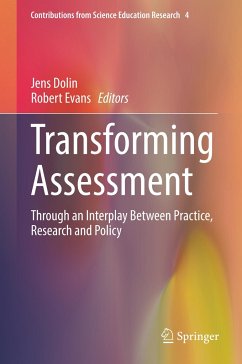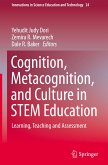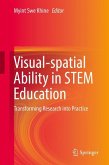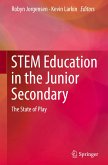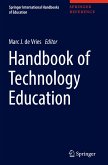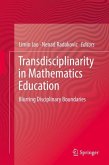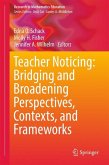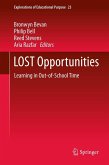This book reports the results of a research project that investigated assessment methods aimed at supporting and improving inquiry-based approaches in European science, technology and mathematics (STM) education. The findings were used to influence policy makers with guidelines for ensuring that assessment enhances learning.
The book provides insights about:
- The concept of competence within the STM domains and its relevance for education
- The conceptualisation and teaching of four key competences: scientific inquiry, mathematical problem-solving, design processes, and innovation.
- Fundamental aspects of the two main purposes of assessment, formative and summative, the relations between the two purposes and ways of linking them.
- The main challenges related to the uptake of formative assessment in daily teaching-learning practices in STM and specifically, the usability of formative on-the-fly dialogue, structured assessment dialogue, peer assessment and written teacher feedback.
- The systemic support measures and tools teachers need in order to integrate formative assessment of student learning into their classroom practices and how it can conflict with summative assessment practices.
- How research-based strategies for the formative use of assessment can be adapted to various European educational traditions to ensure their effective use and avoid undesirable consequences.
- How relevant stakeholders can be invited to take co-ownership of research results and how a productive partnership between researchers, policy makers, and teachers can be established.
- Concrete research vistas that are still needed in international assessment research.
The book provides insights about:
- The concept of competence within the STM domains and its relevance for education
- The conceptualisation and teaching of four key competences: scientific inquiry, mathematical problem-solving, design processes, and innovation.
- Fundamental aspects of the two main purposes of assessment, formative and summative, the relations between the two purposes and ways of linking them.
- The main challenges related to the uptake of formative assessment in daily teaching-learning practices in STM and specifically, the usability of formative on-the-fly dialogue, structured assessment dialogue, peer assessment and written teacher feedback.
- The systemic support measures and tools teachers need in order to integrate formative assessment of student learning into their classroom practices and how it can conflict with summative assessment practices.
- How research-based strategies for the formative use of assessment can be adapted to various European educational traditions to ensure their effective use and avoid undesirable consequences.
- How relevant stakeholders can be invited to take co-ownership of research results and how a productive partnership between researchers, policy makers, and teachers can be established.
- Concrete research vistas that are still needed in international assessment research.

